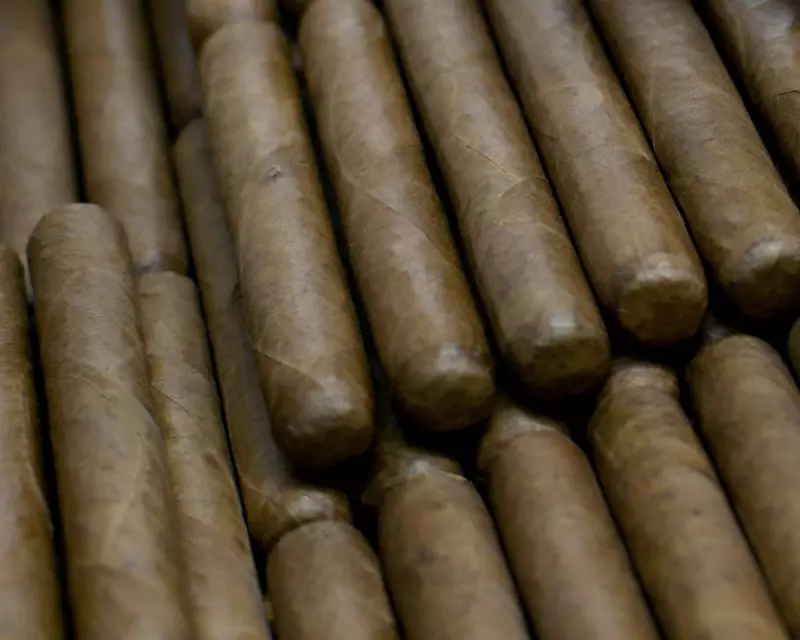
A shocking investigation has exposed a brutal system of state-sponsored forced labour within Cuba's prisons, where inmates are allegedly compelled to manufacture high-value export goods, including the country's world-famous cigars.
The damning report, compiled by a leading human rights group, paints a harrowing picture of a coercive programme run by the communist government. Prisoners are reportedly forced to work long hours under threat of punishment to produce items that generate significant foreign currency for the state.
The Reality Behind the Exports
According to the findings, the forced labour system is not a series of isolated incidents but a coordinated, state-managed operation. Inmates are put to work in prison factories and workshops producing goods that are quintessentially Cuban.
The most lucrative of these is the premium cigar, a symbol of Cuban culture that is exported globally and commands enormous prices. The report suggests that the hands crafting these luxury items for international aficionados may very well belong to prisoners working against their will.
Another key product is charcoal, which is also packaged and sold for export. The work is described as gruelling, often performed in unsafe conditions with inadequate protective equipment.
A System of Coercion and Punishment
The report details a system where participation is mandatory, not voluntary. Prisoners who refuse to work face severe repercussions, including the denial of family visits, loss of privileges, and placement in punitive isolation cells.
This system effectively blurs the line between rehabilitation and exploitation, prioritising state profit over the dignity and rights of the incarcerated. The findings challenge Cuba's official stance on its prison system and its commitments to international human rights standards.
International Reaction and Denials
The allegations are expected to send shockwaves through the international community and raise serious questions for importers of Cuban goods. The report calls for immediate investigations by foreign governments and international bodies.
The Cuban government has long denied allegations of systematic human rights abuses and maintains that prison work is voluntary and part of a rehabilitative process. This new evidence, however, presents a direct and detailed challenge to that official narrative.
The exposure of this system places a new ethical burden on consumers and corporations worldwide that trade in these iconic Cuban products.





